AMERICA’S DAD TAKES ON THE ROLE HE WAS DESTINED TO PLAY, FRED ROGERS, IN THE NEW FILM, A BEAUTIFUL DAY IN THE NEIGHBORHOOD
BY JOEL KELLER
In 2016, Esquire published an article with the headline, “How Tom Hanks Slowly Became America’s Dad.” The theory? That, after more than 30 years of “good guy” leading roles, Hanks had been moved to take parts that were either actual fathers or fatherly in nature. “[His] recent roles have made the righteous and saintly father the latest iteration of the Everyman mode that made him a star,” wrote Manuel Betancourt in the article.
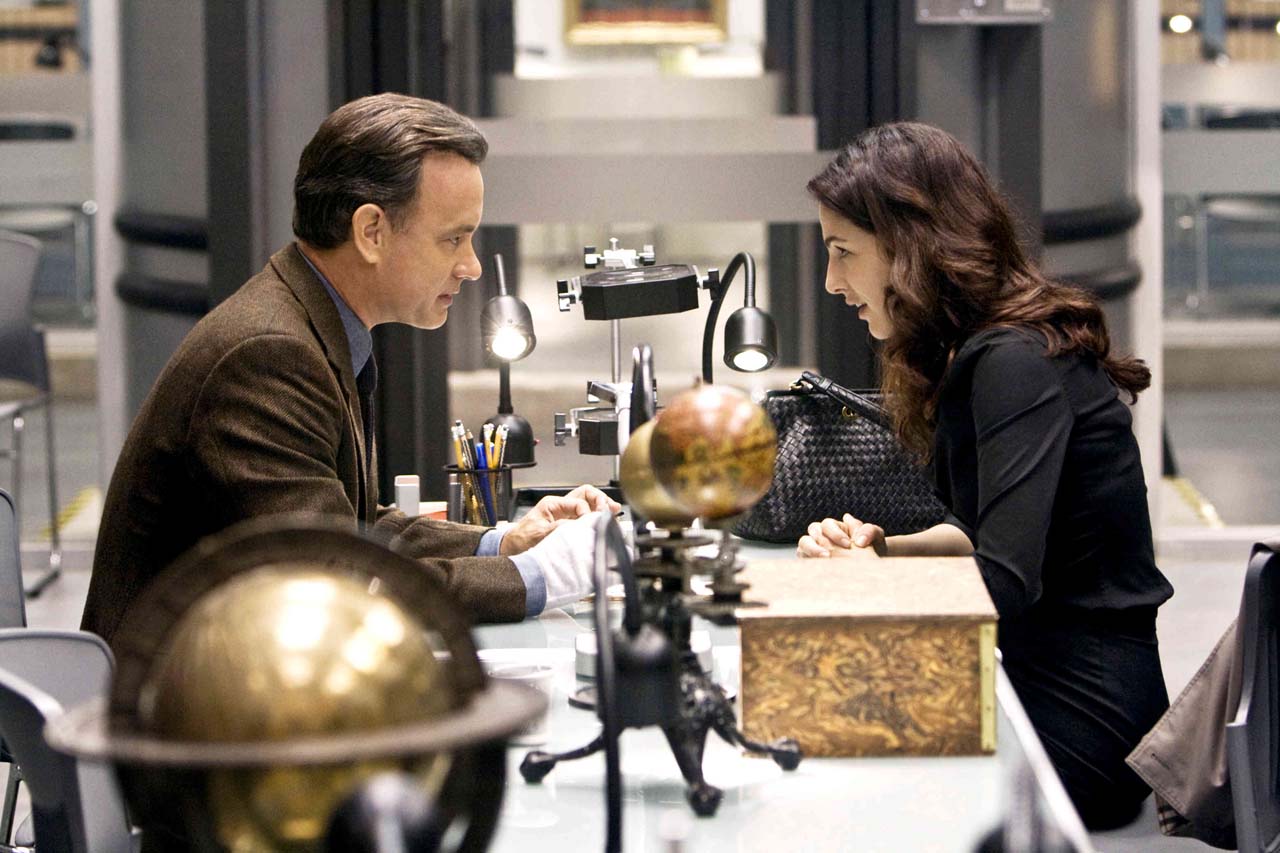
It stood to reason, then, that when producers of the November 22 released A Beautiful Day in the Neighborhood were thinking of who should play its main character, television legend Fred Rogers, Hanks was essentially the first and only person to come to mind.
Rogers was the host and creative force behind Mister Rogers’ Neighborhood, which ran on PBS between 1968 and 2001 and was a groundbreaking production in many respect, not least in its emphasis on young children’s emotional and social needs. Hanks had actually turned the part down on a few occasions, until director Marielle Heller came aboard.
Heller had a theory about why. “I think he just felt, ‘I don’t need to play another historical character,’” she said in a TriStar Pictures studio interview. “This is a lot of pressure, to play another beloved person in this way.”
That makes sense, especially when, in the span of just three years, he’d played three real life figures: the avuncular Walt Disney in Saving Mr. Banks, Richard Phillips in Captain Phillips, and heroic airliner captain Chesley “Sully” Sullenberger in Sully. Inhabiting yet another fatherly past persona, one could argue, wouldn’t have been an adventure in diversity.
Somehow, though, Heller, whom Hanks had wanted to work with, convinced him to take the part.
“She specifically came back to me with a perspective of the power of Mister Rogers,” Hanks revealed in an additional TriStar Pictures interview. “I just knew that she was coming at this with, ‘This is the red dot of what this movie is, and that is the chosen power of empathy.’”
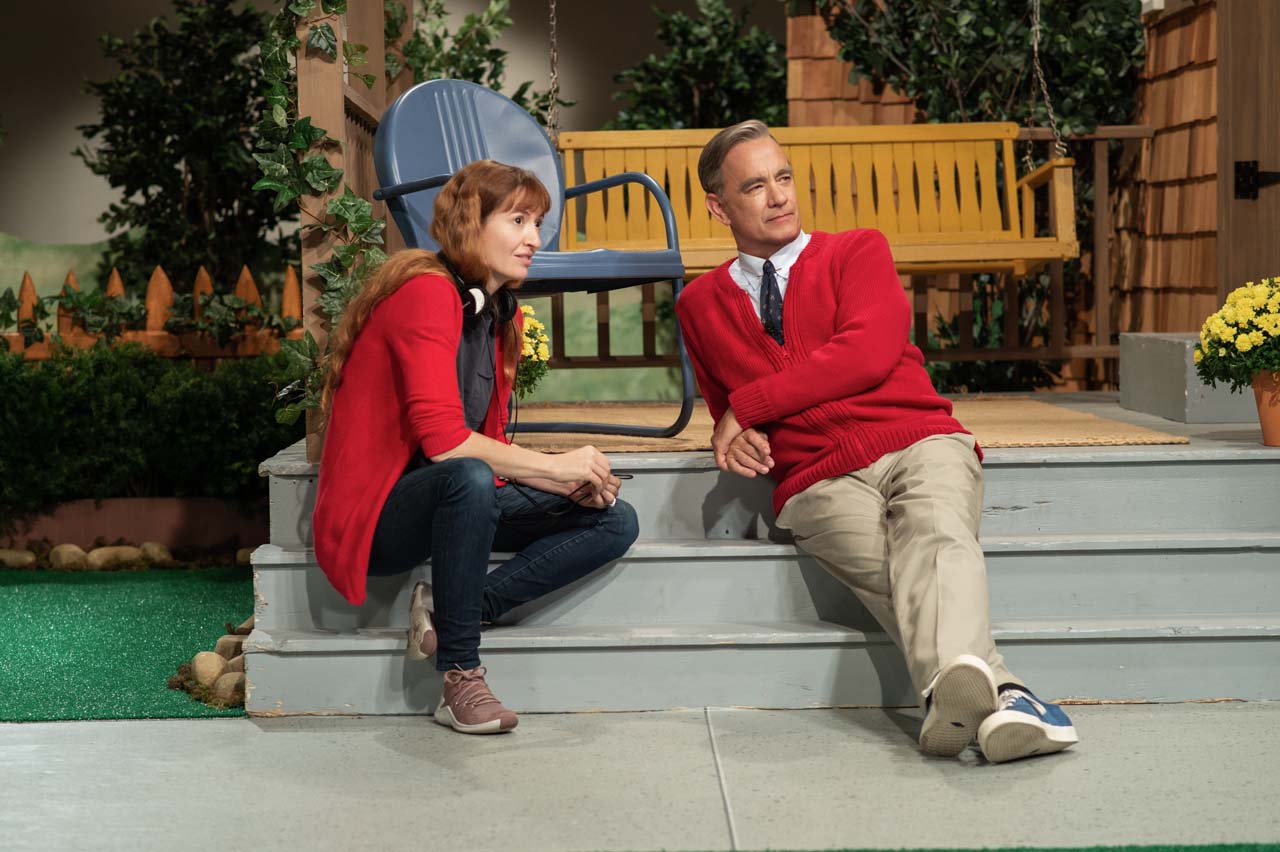
In the film, based on a 1998 profile of Rogers (also in Esquire, and by Tom Junod), Matthew Rhys plays Lloyd, an investigative reporter whose cynical shell slowly dissolves during time interviewing the PBS show host. Despite his still and purposeful manner, Rogers, it’s revealed, was brutally honest in his own way, and the questions he asks Lloyd cause him to take a look at his own life, including his difficult childhood.
“I think there’s a resurgence of Fred because the world sort of needs it,” added Rhys, referring both to this film as well as the acclaimed Rogers devoted 2018 documentary, Won’t You Be My Neighbor? “It needs someone like that as a balm for the divide and the wound that is opening in not just this country, but everywhere else…You need people like that to come along every now and again and just go, ‘You know what? Just be nice to one another.’”
Hanks was 12 when Mister Rogers’ Neighborhood debuted, so he was never a big watcher of the show (he claimed to be more of a Rocky & Bullwinkle fan).
“If I’d been smart, I would’ve watched with all of my kids when they were of a certain age, and I wouldn’t have just sat them down in front of it,” he said. “I would’ve watched it with them to hear what they had to say when it was done, because I would’ve been more patient, I would’ve understood the language to use with them, and I think I would have also been able to communicate to them the basic principles of happiness and serenity in the world.”
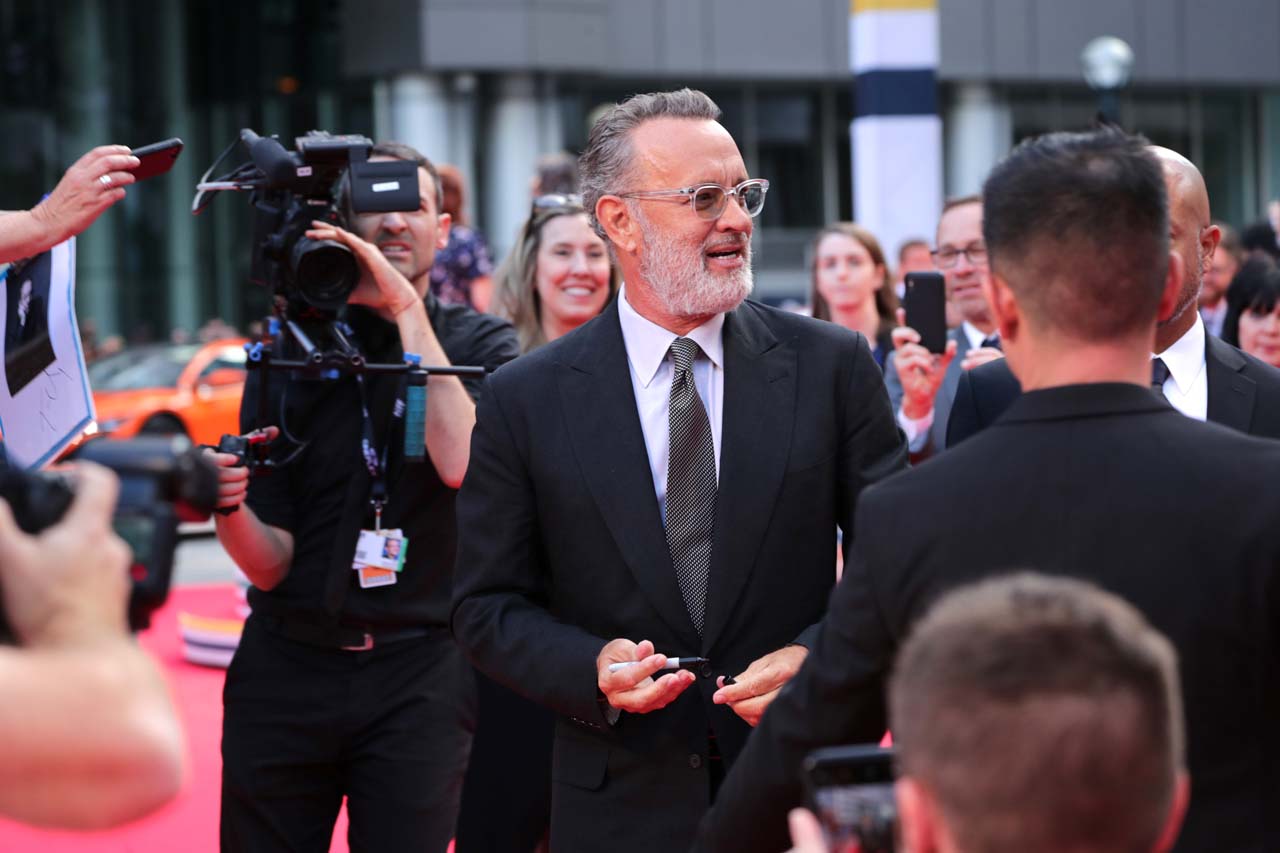
What Hanks felt Rogers was able to do was unique in media, not only during the show’s 912 episode run, but even now—its lessons serving as the basis for the PBS series, Daniel Tiger’s Neighborhood. “You have to look at his output on television, and it was singularly honest, and I think you can easily dismiss it, because it wasn’t an honesty that mattered to you and me,” Hanks said at the new movie’s premiere at the Toronto Film Festival. “It mattered to extremely young people who did not know how the world worked.”
According to Rogers’ widow, Joanne, the connection between Hanks and Rogers was fostered while her husband was still alive (he died of stomach cancer in 2003).
“[Fred] loved Forrest Gump so much that literally, he saw it at least 15 times. And, I think maybe…maybe he related to Forrest Gump a bit. He certainly related to the characterization that Tom gave,” Joanne Rogers said in a TriStar Pictures interview.
“The trickiest thing for Tom was to slow himself down,” said Heller. “We never wanted it to feel like he’s doing an impersonation; we never wanted it to feel like a skit.”
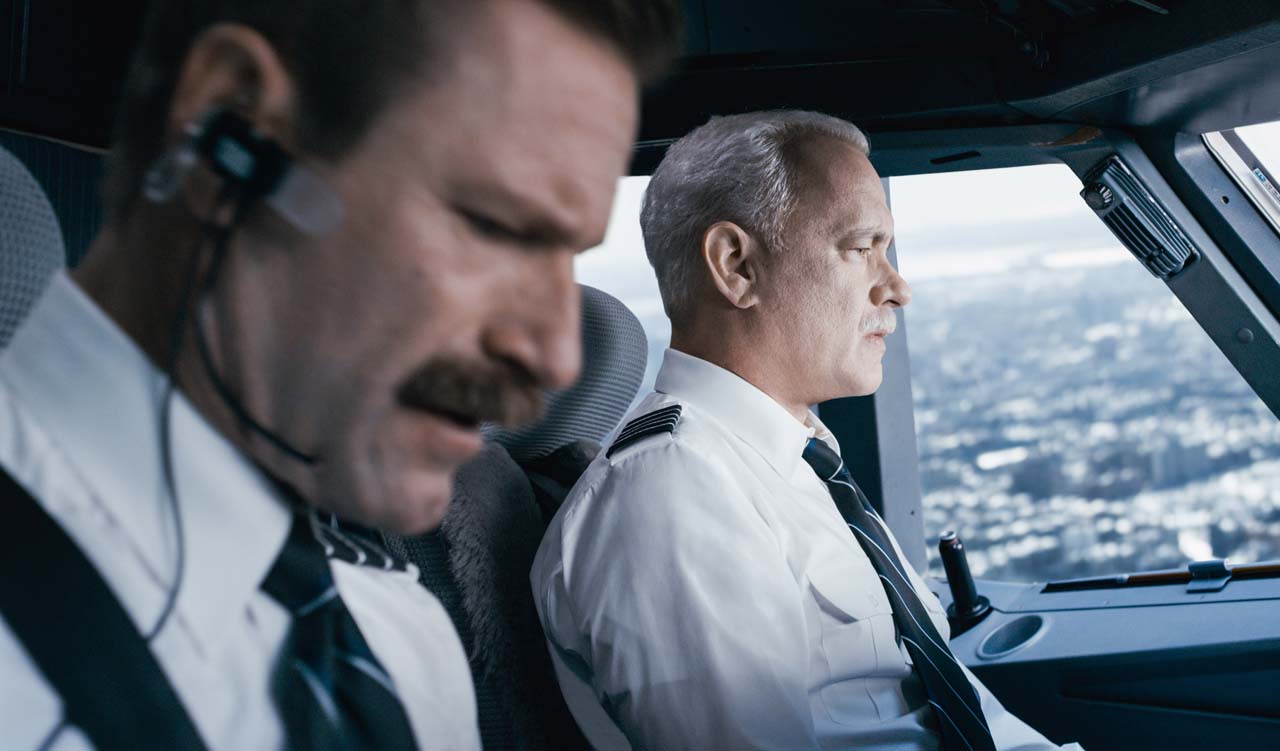
“For me, it was being able to find the quiet spaces inside spaces that had to be filled,” added Hanks. “It was a quietness, and not a stillness, but a slowness. Fred Rogers was not a glib man, and I’ve made a living out of being glib, you know? He was not a smartass, and I have turned being a smartass into a lucrative career.”
“It’s easy to kinda look at Tom and think, ‘Oh, what he’s doing is not so difficult,’” said Heller. “But what he’s doing is really difficult…nuanced and subtle, and he’s actually shifting his emotional body into a stiller person.”
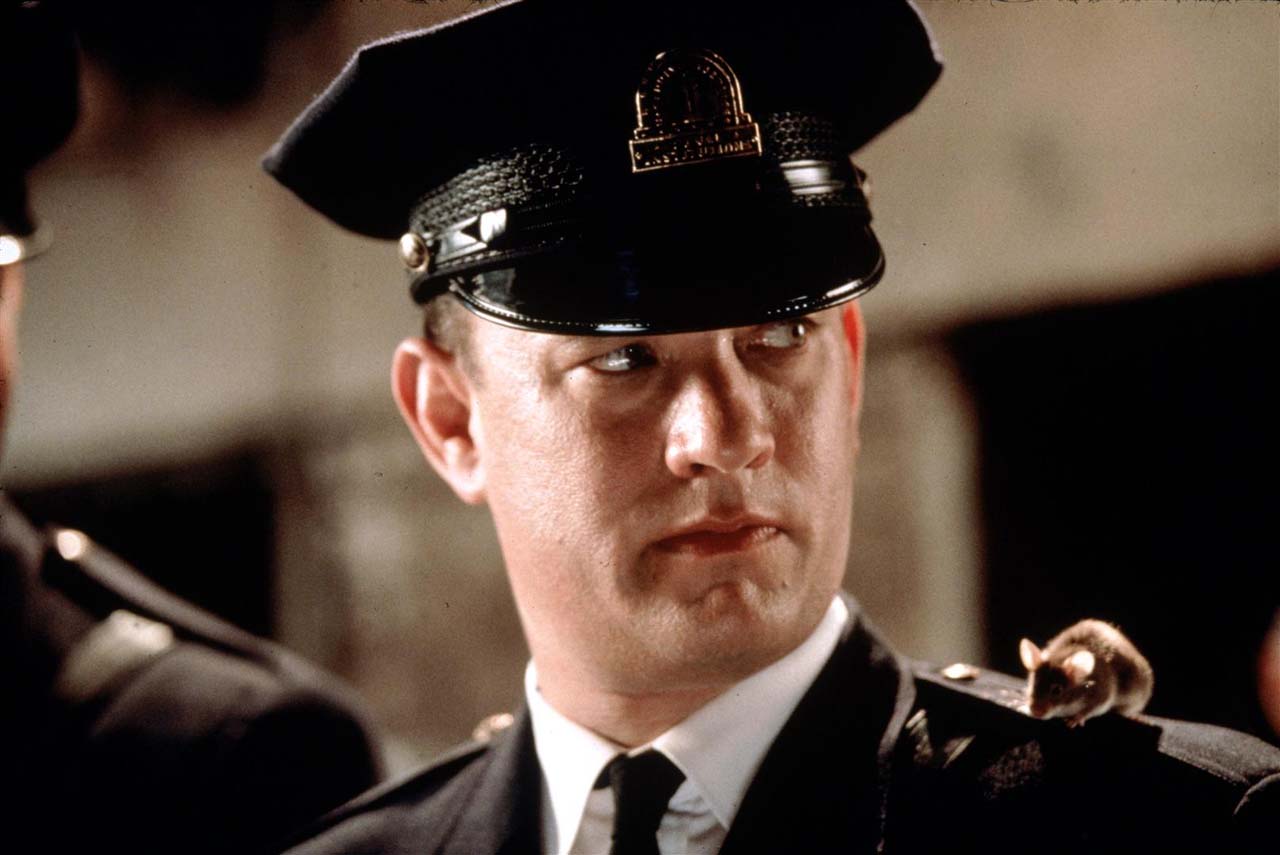
Junod, who formed a friendship with Rogers after working on the article, had some emotional ups and downs watching the film. “The first thing that really, really hit me [was], ‘Oh my god, Fred’s gone,’” he said. “But this is as close to I’m going to get to ever being with him again, and it was a powerful moment.”
Going back to the father theme, Rhys characterizes the performance as “America’s dad playing America’s dad. I don’t think there was a choice in Tom being Fred,” he said. “There are so many qualities that Tom Hanks and Mister Rogers share, so many common feelings that they both elicit.”
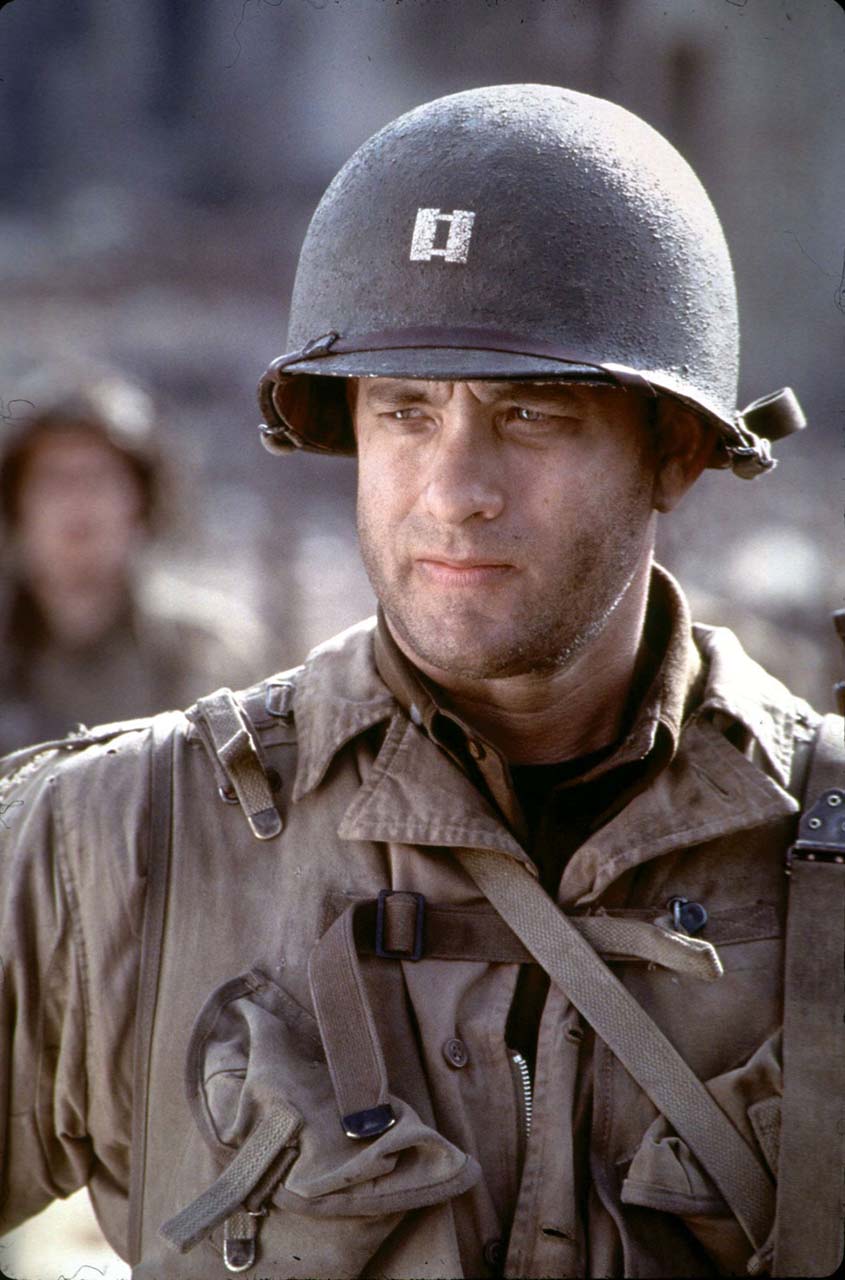
Among Hanks’s upcoming roles will be Colonel Tom Parker in Baz Luhrman’s as yet untitled Elvis Presley biopic (which will begin shooting in 2020), along with starring parts in the Aaron Schneider directed war drama, Greyhound, the scifi flick, BIOS, and the Paul Green grass directed Western, News of the World (the last three scheduled for release in the new year).
